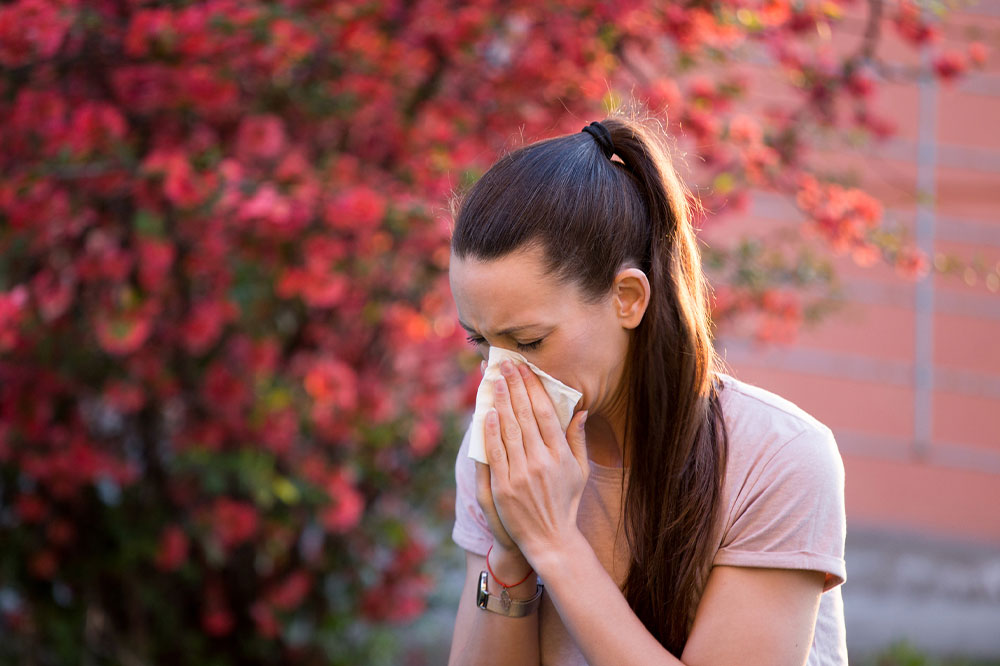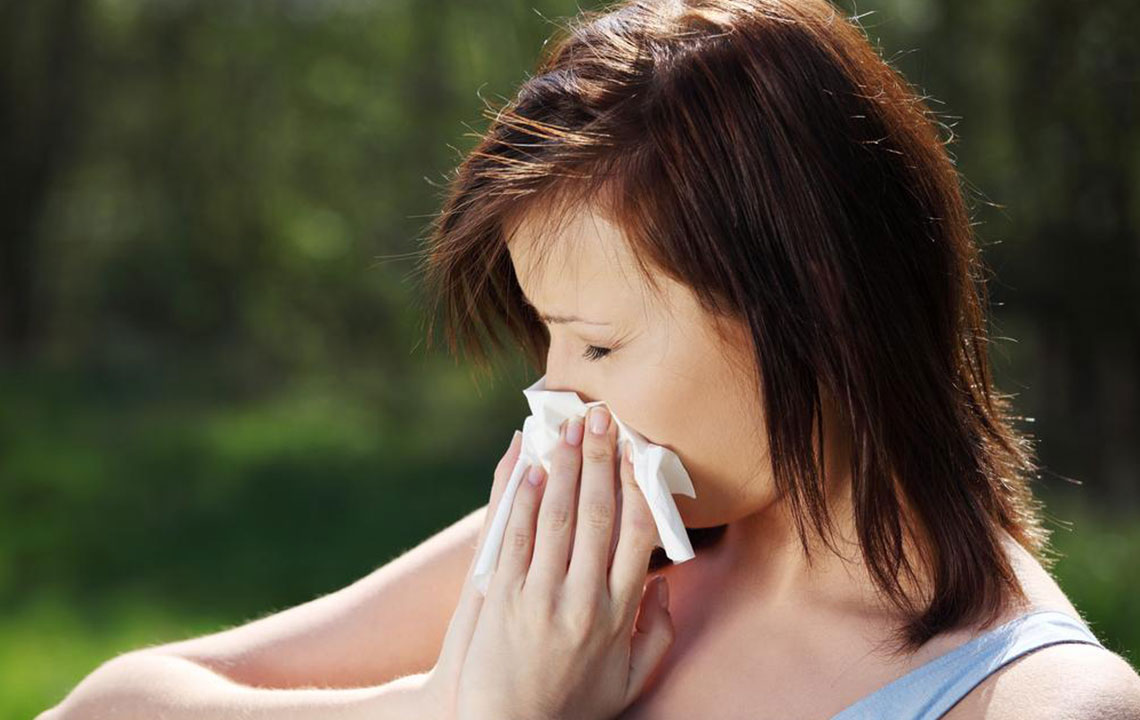Top Tips for Easing Your Dog's Allergy Symptoms
Learn effective methods to manage and alleviate your dog's allergy symptoms. This guide covers home treatments, grooming tips, nutritional support, and when to seek veterinary help. Proper allergy management ensures your dog stays comfortable and healthy through seasonal changes and environmental challenges.

Top Tips for Easing Your Dog's Allergy Symptoms
If your dog often licks a certain area, scratches constantly, or drags along the floor, it may be experiencing allergies triggered by environmental factors. Like humans, dogs can suffer from allergic reactions impacting their comfort and health. As a pet owner, understanding effective ways to relieve these symptoms is crucial. Here are some essential strategies to help control your dog’s allergy issues:
Dogs can be affected by four primary allergy types: atopy, flea allergy, food allergy, and contact allergy.
Environmental allergies, known as atopy, occur when a dog reacts to pollen, mold, or other airborne triggers, leading to excess histamine production. For food, flea, and contact allergies, consulting your veterinarian is recommended. However, atopy can often be managed through home care.
Wiping down your dog thoroughly after walks helps remove potential allergens. Regular grooming using wipes, regardless of outdoor activity, reduces allergen accumulation.
Adding Omega-3 fatty acids or biotin to your dog’s diet can enhance coat health and alleviate allergy symptoms, especially during pollen-heavy seasons like spring.
Choosing gentle or medicated shampoos with few chemicals supports skin health. Bathing your dog weekly can prevent flare-ups and maintain overall wellbeing.
Environmental allergies may worsen as your dog ages. In some cases, allergy injections prescribed by a veterinarian offer long-term relief.
Commonly affected breeds include Retrievers, Terriers, Dalmatians, Bulldogs, Beagles, and Irish Setters.
Complete avoidance of allergens isn’t practical, but consistent grooming and regular vet check-ups are key to managing allergies and protecting your pet’s health.


